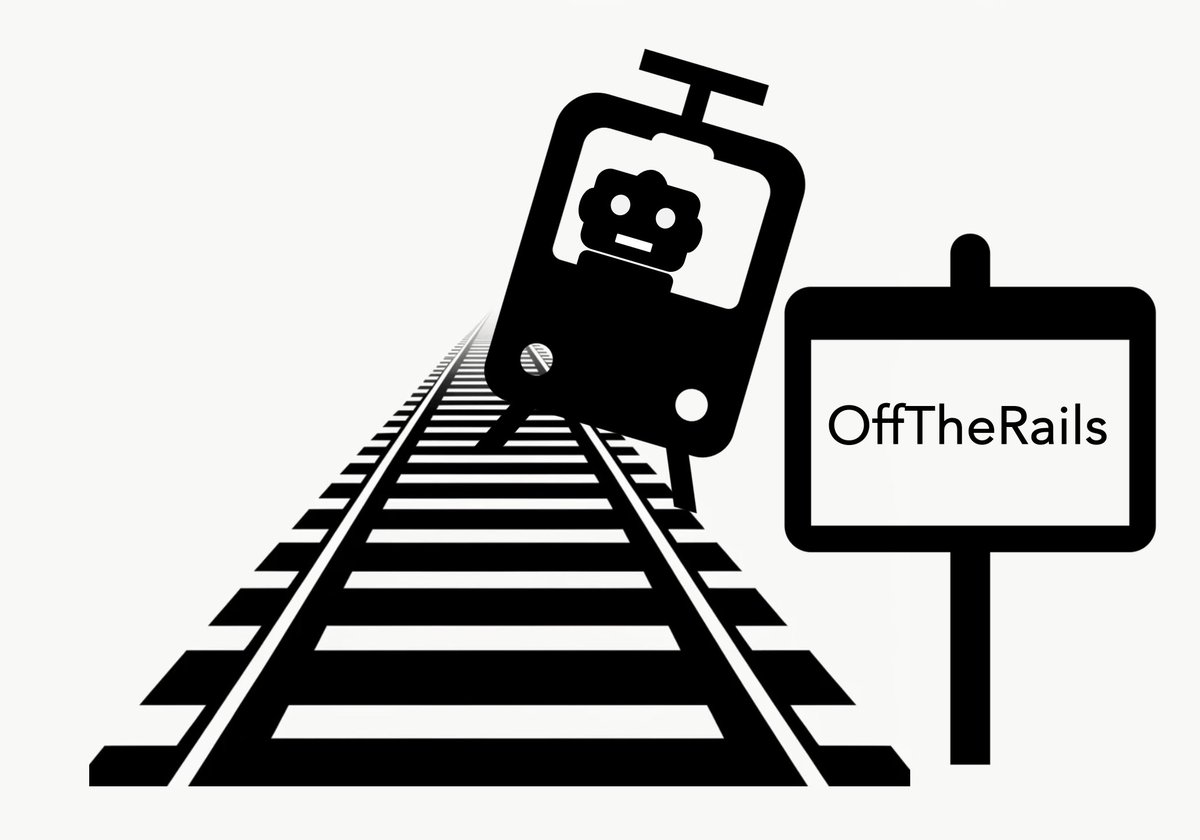
noahdgoodman
@noahdgoodman
Professor of natural and artificial intelligence @Stanford. Research Scientist at @GoogleDeepMind.
(@StanfordNLP @StanfordAILab etc)
ID: 1193894314566307841
11-11-2019 14:12:49
208 Tweet
2,2K Followers
113 Following





Charles Sutton @ ✈️ ICML 2024 🥐 Kensen Shi Thanks for sharing! I'm curious if you ever tried comparing to Parsel from 2022 (i.e. decompose algorithmic tasks into hierarchical subtasks, search over combinatorial implementations of subprograms w/ tests), and if so, if you have an intuition for where improvements came from!


People are really good at creating conventions - new ways of talking - during dialogues. But what happens in larger groups? And what about when people can only respond using 😁?! New paper by Veronica Boyce Robert Hawkins noahdgoodman and me, now out: pnas.org/doi/10.1073/pn…


Read the full paper here: arxiv.org/abs/2407.00900 Awesome work Shubrha Mishra, Gabriel Poesia Belinda noahdgoodman


